calcium hardness problems swimmingpool
2021-10-06T05:10:41+00:00
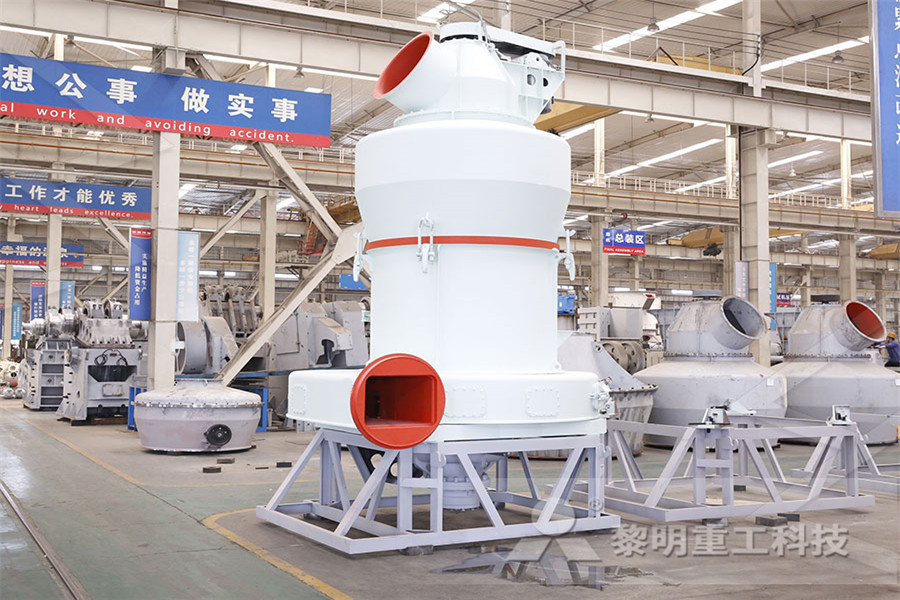
What is Calcium Hardness and How to Lower SwimmingPool
Excess calcium in your swimming pool is typically the result of a bigger issue with the chemicals in your pool water As most pool owners can tell you, when it comes to water, balance is, well everything: If your pool water’s pH is offkilter, or if your total alkalinity is too high or too low, you’ll likely end up battling algae, cloudy water, and, of course, calcium depositsHigh levels of this part of your pool water chemistry, could result in several problems which include: Scaling pool water Rough pool and spa surfaces Clogged swimming pool filtersCalcium Hardness in PoolsSwimming Pool Maintenance How to Lower Calcium Hardness in Your Pool Drain and replace some water Before you replace the water, test your water source If it’s high in calcium, try using a Use pool flocculant If you can’t or don’t want to drain any water from the pool, try using pool floc to clump the Try muriatic How to Balance the Calcium Hardness Level in Your Pool

Calcium Hardness: How to Balance Maintain Pool Research
You should also check the calcium hardness every time you drain and add new water or chemicals to your pool If you’ve had torrential rain recently, you might want to test then, as well The best test kits are usually liquid kits, but test strips work, too Just make sure your test kit includes a test for calcium hardness 4 Keep Your Pool Clean Our fill water in the Dallas area is loaded with calcium, magnesium, and other hardness minerals The levels coming out of our tap are about 300 parts per million (ppm) and recommended levels for a swimming pool are between 200 and 400 ppm But, what happens when those levels get above 400 ppm or higher?The Damage of Hard Water In Your Swimming PoolTotal hardness in swimming pools is a measure of all the dissolved minerals such as calcium, magnesium and sodium For practical purposes we usually use calcium hardness as a reference in pool water chemistry The recommended level for calcium hardness is 200 400 ppm, and both high and low levels result in swimming pool problemsHard pool water problems calcium hardness
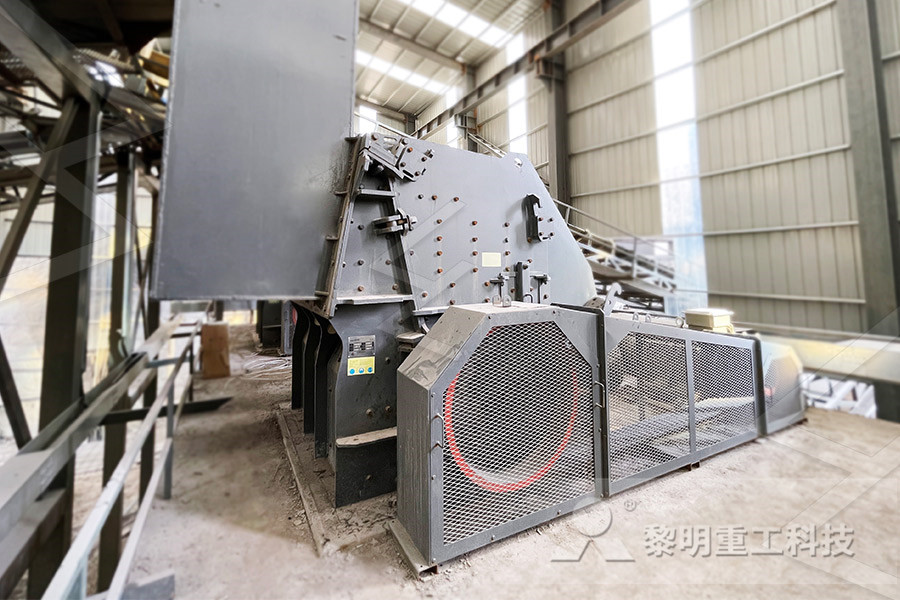
Calcium Hardness: How to Balance Maintain Pool Research
Well, it depends on a few factors, such as the type of pool you have For example, if your pool is plaster or concrete, you’ll need to keep the calcium hardness around 200275 ppm (parts per million) If it’s fiberglass or vinyl, it needs to be 175225 ppm Still, just because you don’t want your water hard doesn’t mean you want it softCalcium hardness is the amount of calcium dissolved in the pool water and the measurement of how hard or soft your water is The ideal range for calcium in your pool water is between 200400 ppm You want to try to be somewhere around the middle of that range When your calcium is too high or too low, it could lead to some issues in the future To test your calcium hardness levels you can use theBalancing Calcium Hardness In Your Swimming Pool Calcium hardness is the measure of how hard or soft your pool water is and how much calcium is dissolved in your pool water The perfect calcium hardness level should be at 150 – 400ppm, ideally getting it between right in the middle of that range Testing for Calcium HardnessHow to Lower Calcium Hardness in Your Pool Swimming Pool

The Damage of Hard Water In Your Swimming Pool
Our fill water in the Dallas area is loaded with calcium, magnesium, and other hardness minerals The levels coming out of our tap are about 300 parts per million (ppm) and recommended levels for a swimming pool are between 200 and 400 ppm But, If the calcium hardness is too low, the water becomes corrosive and results in the etching of the pool's surfaces Metals corrode and this includes pool equipment, pipe fittings and pump connections As a result, the pool's walls and floor can stain Low calcium hardness can easily be increased using calcium chloride The amount needed can be calculated using the calcium chloride calculator Calcium hardness in swimming pools POOL WIZARDIt can on average lower calcium hardness levels below 200 ppm, it will conserve up to 85% of the existing water in the swimming pool which is great during the drought and since you never expose the liner of the swimming pool you take away all the risks of cracking the liner too! As drought conditions continue to rise, draining a swimming pool will become more and more difficult so why waste How Do I Lower Calcium Hardness in My Swimming Pool

Testing Pool Calcium Hardness
When testing pool water for calcium hardness, what you are really measuring is how soft or hard water your swimming pool water is at any given moment Pool water where the hardness level is too high or low contributes to a pool that has unbalanced water Clear and Low Calcium Levels in the Pool Calcium on the low and high end of the scales will eventually cause problems and when they do, be ready for some serious problems Low calcium, as is often the case, will cause longterm serious damage especially to plaster, vinyl liners, grout in between tiles, metal rails, and even concrete decking around the poolCalcium In Your Pool – Does It Matter? EZ Test Pool Your plaster pool has calcium in the mix If your water didn't also contain calcium in adequate supply, the water would cause the calcium in the pool shell to leech into the water, weakening the plaster's lifespan So what you're trying to do is keep a balance between the water and plasterCalcium Hardness for Gunite Trouble Free Pool

Lowering Calcium Hardness In Your Swimming Pool
If you are concerned about your residential and commercial swimming pool and the lifespan of it, then this blog post is definitely for you because as calcium levels rise in your swimming pool so do the number of problems Most pool professionals and websites will say that the optimal amount of Calcium Hardness (CH) in a swimming pool is between 200 and 400 parts per million The ideal range for calcium hardness is 250350 ppm If the calcium hardness is too low, the water becomes corrosive and results in the etching of the pool's surfaces Metals As a result, the pool's walls and floor can stainCalcium hardness in swimming pools POOL WIZARDCalcium Plus is used to raise calcium hardness in swimming pool water Low calcium hardness may cause pool water to become corrosive which can result in etched plaster, corrosion of equipment and fixtures or may cause metallic stains The ideal range is 200 to 400 parts per million (ppm) BUY NOW AT THE POOL FACTORYBalancing Calcium Hardness In Your Swimming Pool
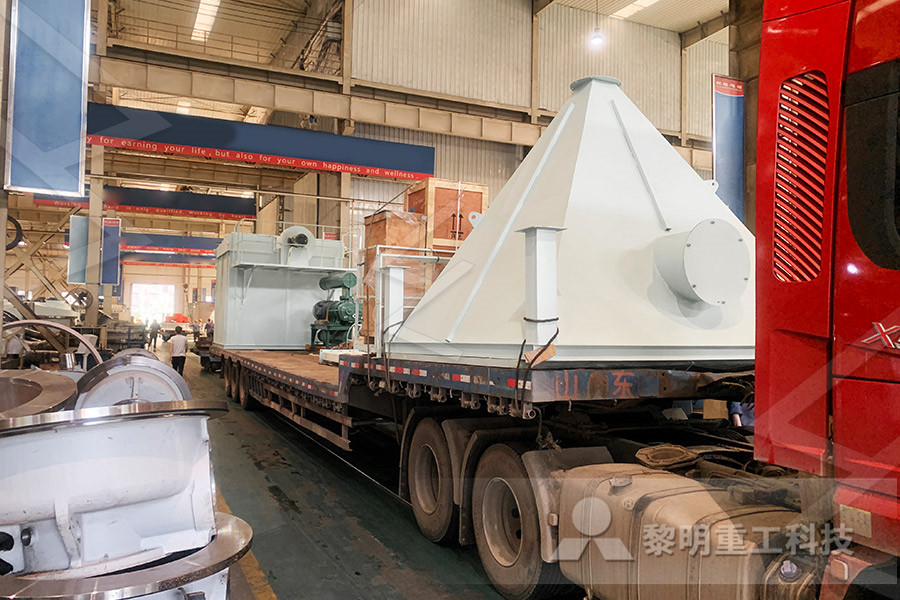
The Damage of Hard Water In Your Swimming Pool
The latter is one of the biggest problems you will face as a swimming pool owner because too much calcium will destroy your swimming pool and this is common in many parts of the country When you first build a swimming pool, the interior finish needs to cure and calcium is necessary for that but after that, it becomes problematic when the levels rise Our fill water in the Dallas area is loaded High Calcium Hardness (hard water) Problems If your water has a high mineral content, your water is considered to be supersaturated, and can cause scale formation (calcium carbonate deposits) on the pool/spa surfaces, pipes, plumbing, or on the filter, and can also cause cloudy or foamy waterProblems with High or Low Calcium Hardness SpaDaddyIt can on average lower calcium hardness levels below 200 ppm, it will conserve up to 85% of the existing water in the swimming pool which is great during the drought and since you never expose the liner of the swimming pool you take away all the risks of cracking the liner too!How Do I Lower Calcium Hardness in My Swimming Pool

Raising Pool Calcium Hardness: Calcium Hardness Increaser
Causes of Soft Water Melted snow or rain – Such water can decrease the level of calcium in your pool if it gets into your swimming pool Local water source – It often has a low level of calcium compared to the one found in your swimming pool You can test your tap water too for Calcium Hardness with your pool test kit or test strips Many areas have tap water at 200400 ppm Calcium Hardness, which is perfect for pool water Some parts of the country have problems with very Hard Pool Water while others have tap water of less than 100 ppm hardnessSoft Pool Water: What's the Problem? InTheSwim Pool BlogWithout acceptable levels of calcium, water will try to balance itself by drawing calcium from the walls (in the case of concrete or plaster pools) and from grouting in tiled pools Australian Standards recommend calcium levels (ideal) of 100ppm to 300ppm Many pool shops and servicemen still use total hardness kits when testing pool water These kits measure both the calcium and magnesium levels of the water so Pool Chemical Tips: Total hardness versus calcium hardness

Calcium Hardness for Gunite Trouble Free Pool
Yeah might not be a bad idea to raise it to 300 Helps protect the pool shell to keep adequate calcium in the water Your plaster pool has calcium in the mix If your water didn't also contain calcium in adequate supply, the water would cause the calcium in the pool shell to leech into the water, weakening the plaster's lifespan So what you're trying to do is keep a balance between the water and
- raymond mill cyclone leaks
- brick clay mixing machine
- GRAVITY SEPERATION OF ORE
- limestone crushers manufactures in china
- harga sewa nveyor di bandung
- block diagram al based thermal power plant
- mobile stone crushers details sand making stone quarry
- youtube machine hammer mill
- standard 4 1 4 fine ne crusher
- different types of plant layout in production and operations management
- gemm surpac quarry edition
- energy scenario in india ppt
- al crusher in ukraine
- dust suppression system at the limestone crusher plant
- manganese crusher earth
- plus gold refining ltd
- produsen mobile crusher di indonesia
- manufacturer of quartz crushing plant
- stone crusher machine Cost Algeria in maharashtra
- ncrete admixtures production line
- waste mobile unit for sale
- cement hollow bricks making machines
- Fine Stone Crusher For High Efficiency Granite Ore
- roll grinding machines manufacturers in china
- project report chakki atta plant
- arse aggregate manufacture price per tonne
- saw tooth wave jigger iron ore mines jig
- rock crusher in quarry
- Barely Grinder Grinder Mchins For Sale
- carbon lead in tank for gold leaching
-
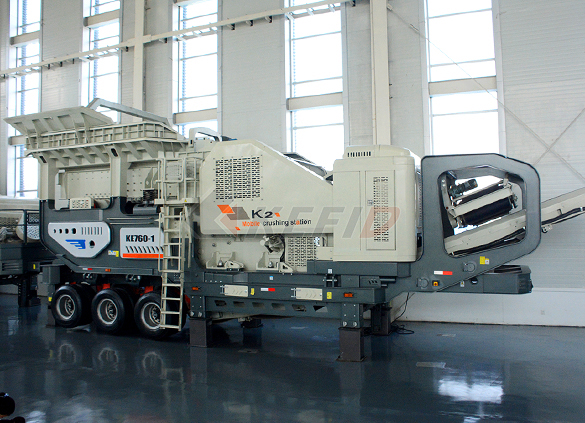
Primary mobile crushing plant
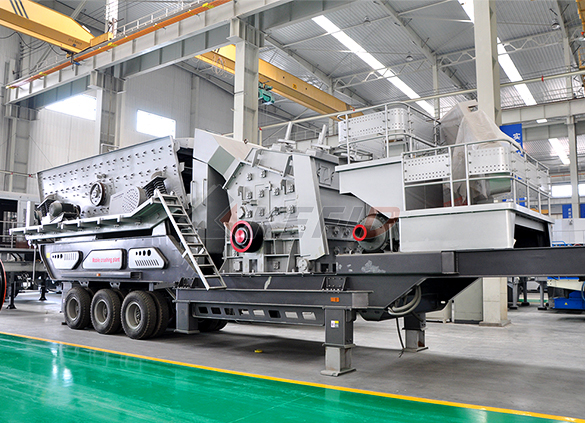
Independent operating combined mobile crushing station
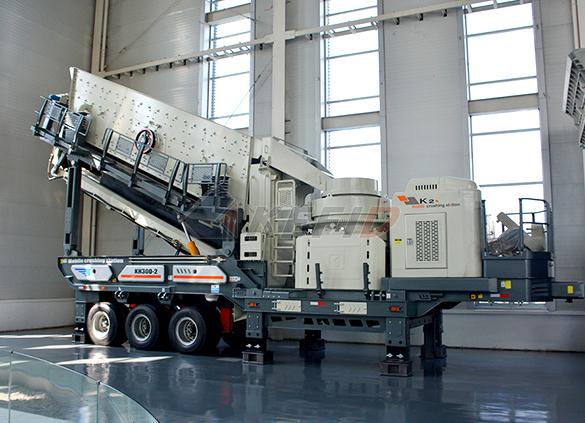
Mobile secondary crushing plant
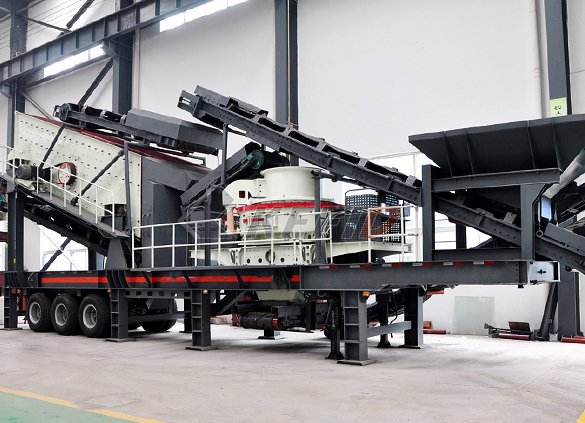
Fine crushing and screening mobile station
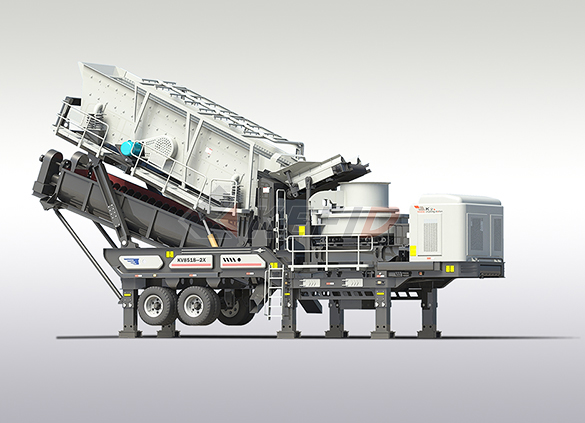
Fine crushing & washing mobile station
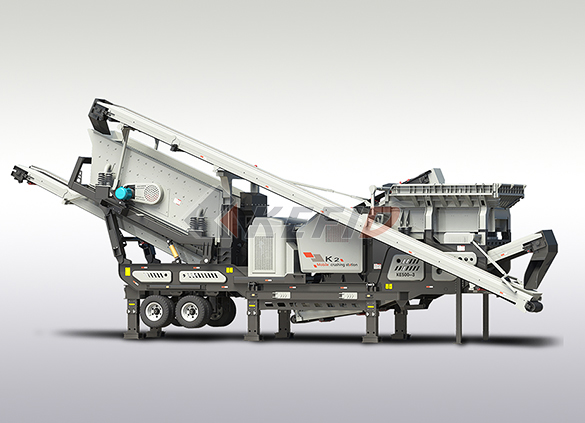
Three combinations mobile crushing plant
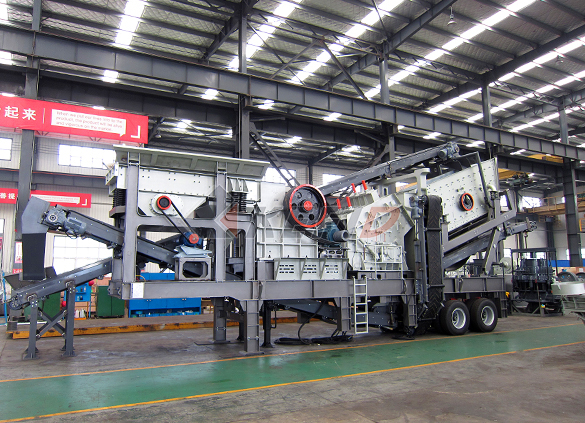
Four combinations mobile crushing plant
-
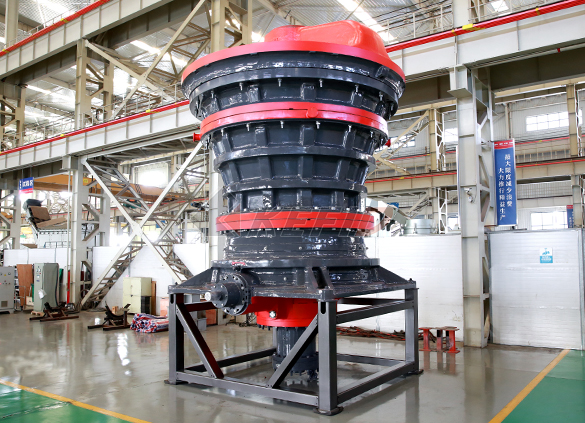
HGT gyratory crusher
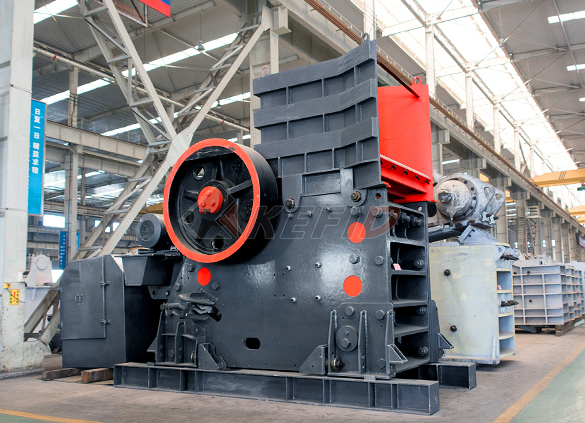
C6X series jaw crusher
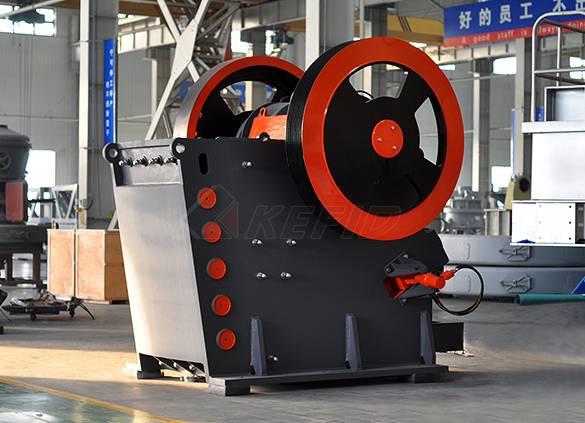
JC series jaw crusher
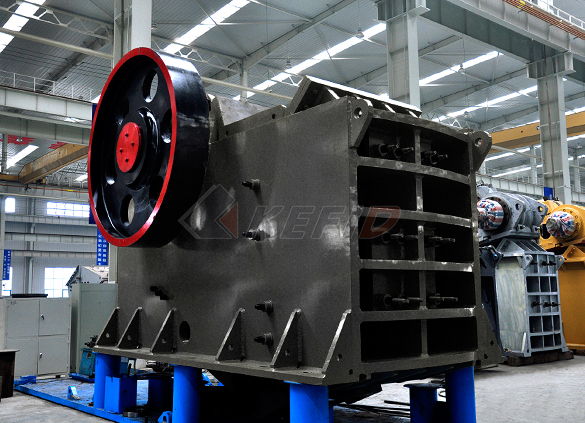
Jaw crusher
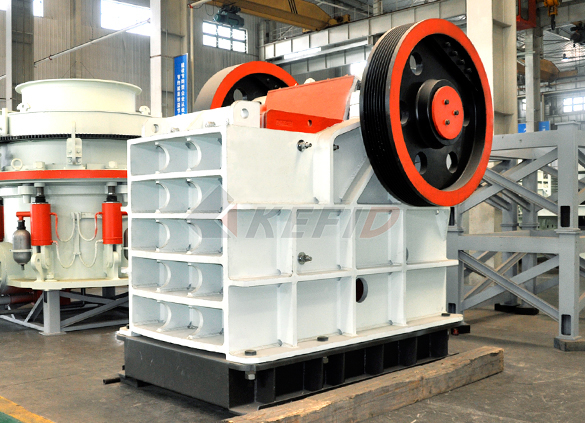
HJ series jaw crusher
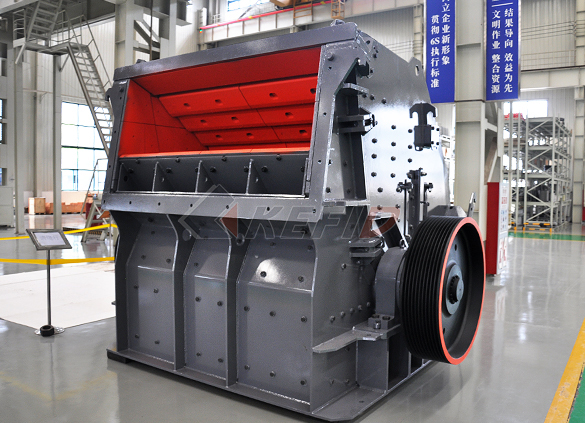
CI5X series impact crusher
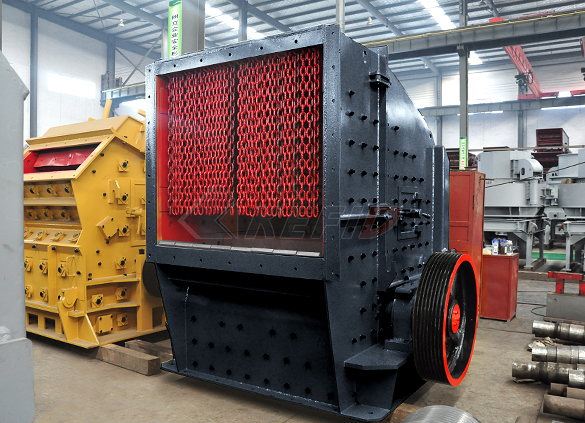
Primary impact crusher
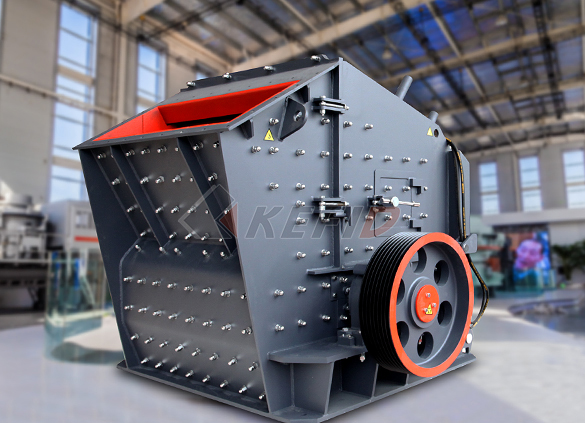
Secondary impact crusher
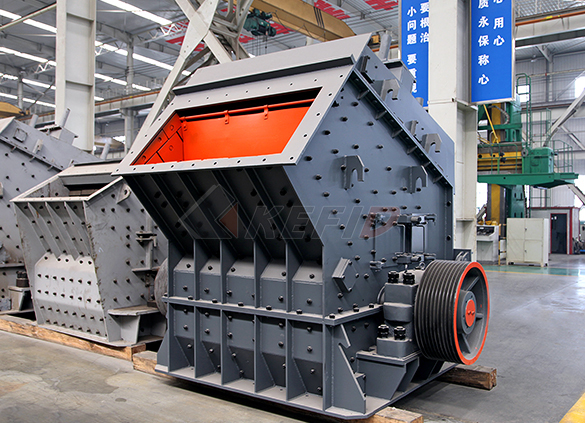
Impact crusher
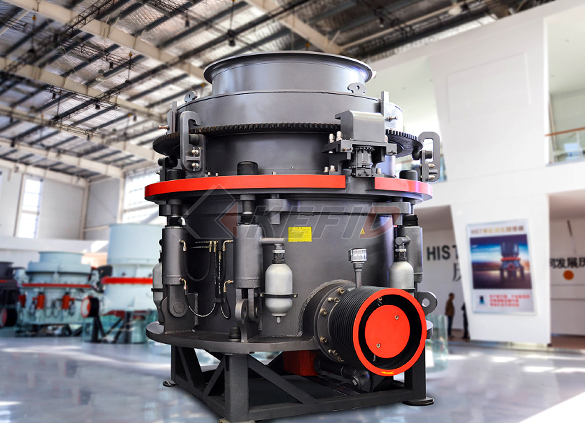
HPT series hydraulic cone crusher
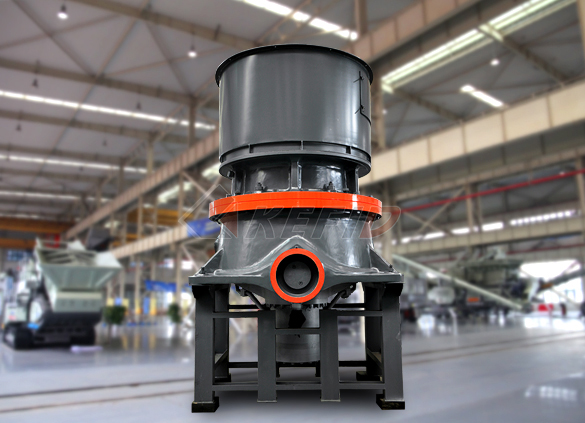
HST hydraulic cone crusher
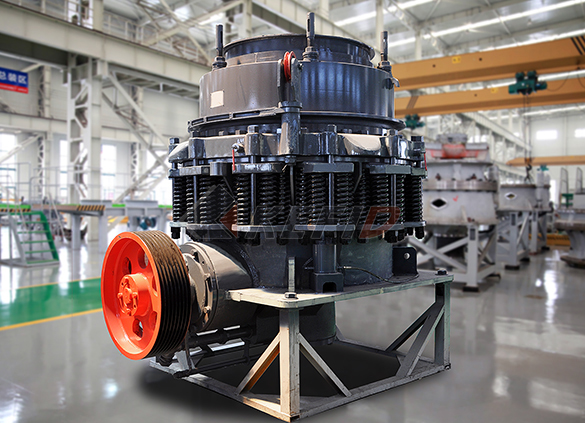
CS cone crusher
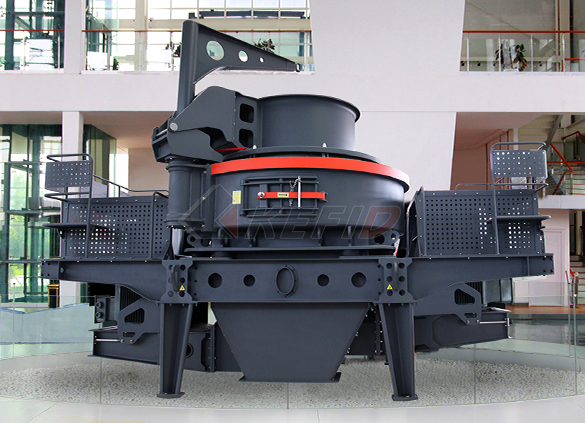
VSI6S vertical shaft impact crusher
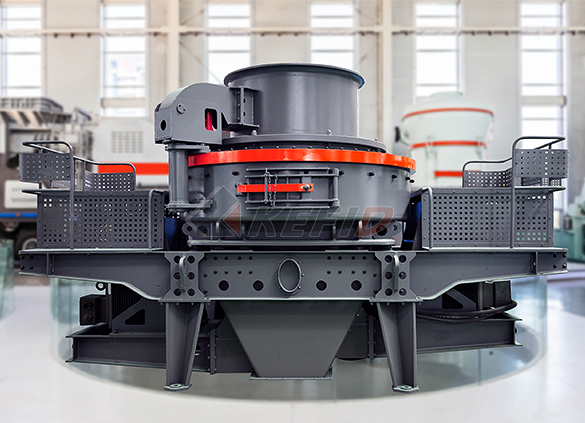
Deep rotor vsi crusher
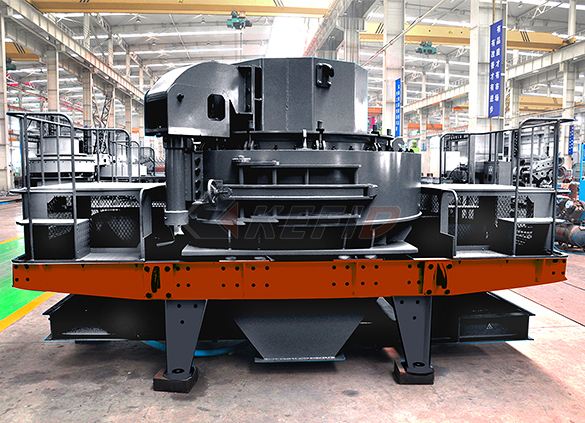
B series vsi crusher
-
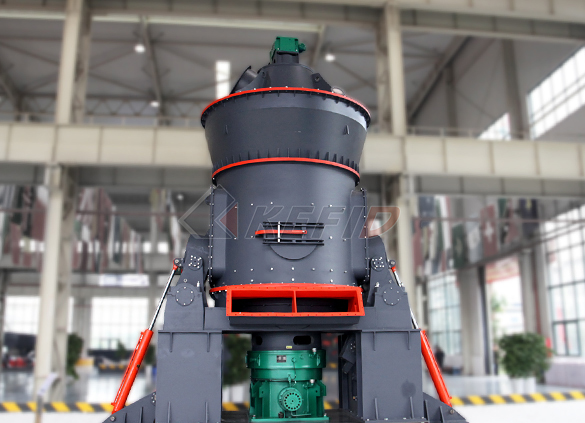
Vertical grinding mill
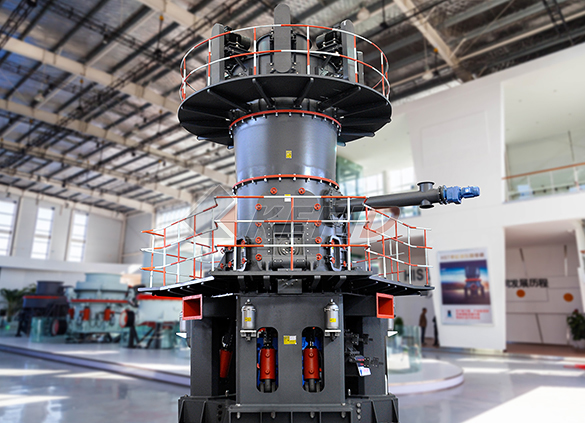
Ultra fine vertical grinding mill
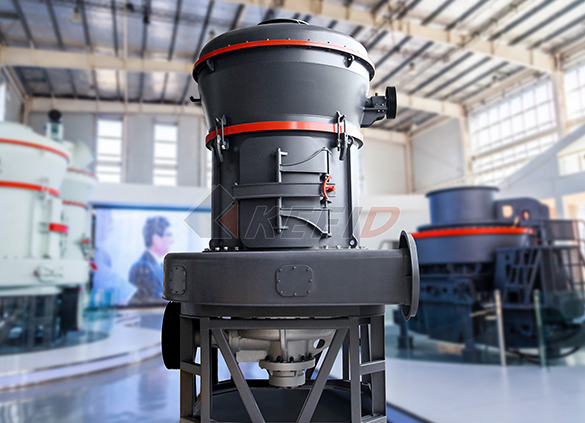
MTW european grinding mill
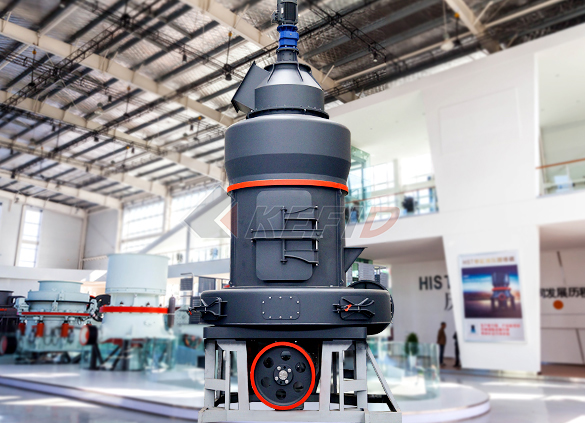
MB5X158 pendulum suspension grinding mill
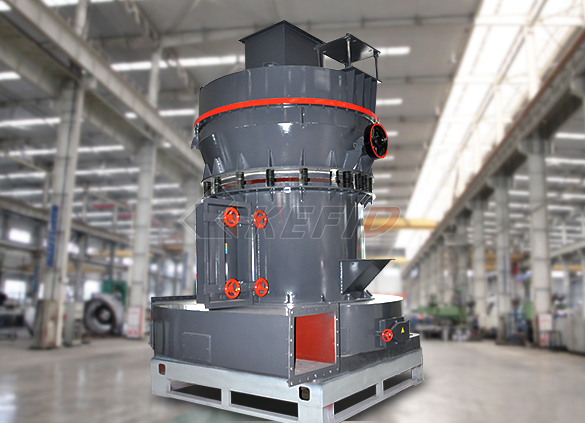
Trapezium mill
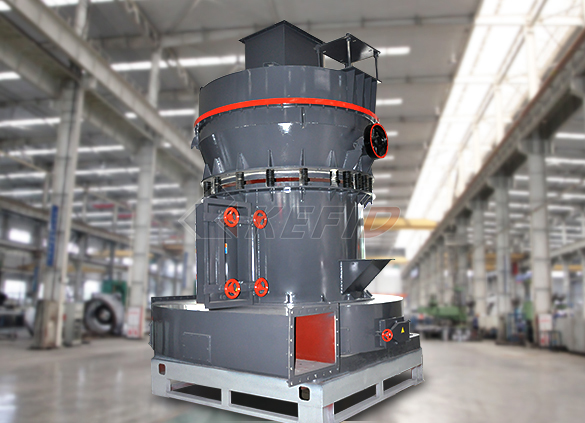
T130X super-fine grinding mill
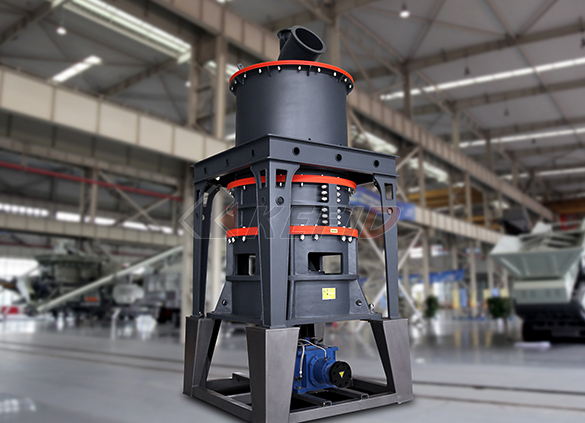
Micro powder mill
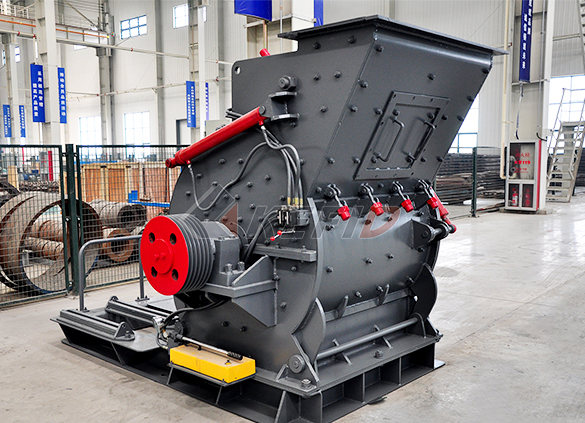
European hammer mill
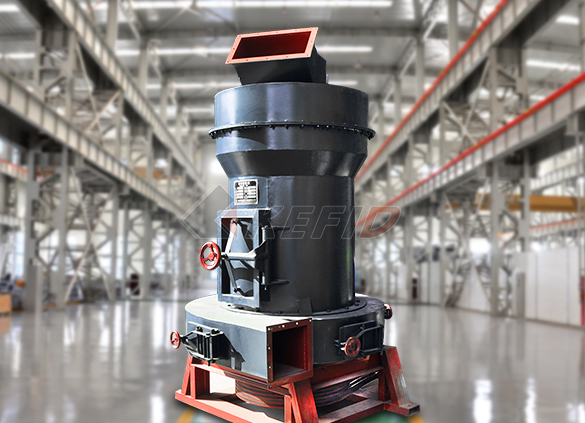
Raymond mill
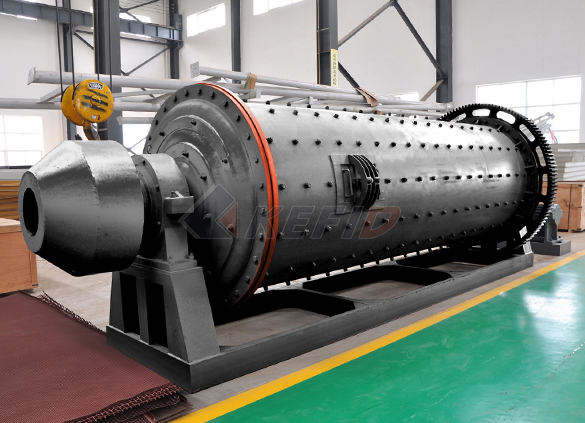
Ball mill
-
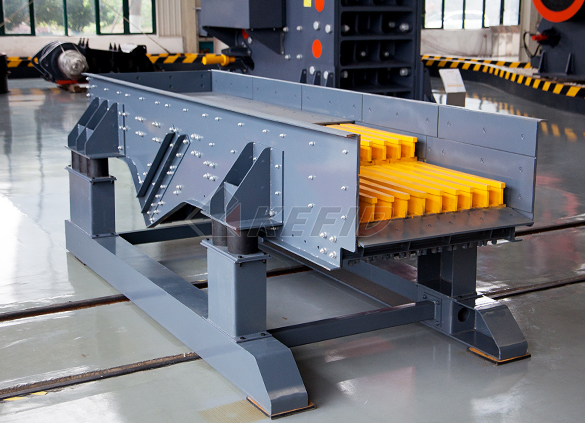
GF series feeder
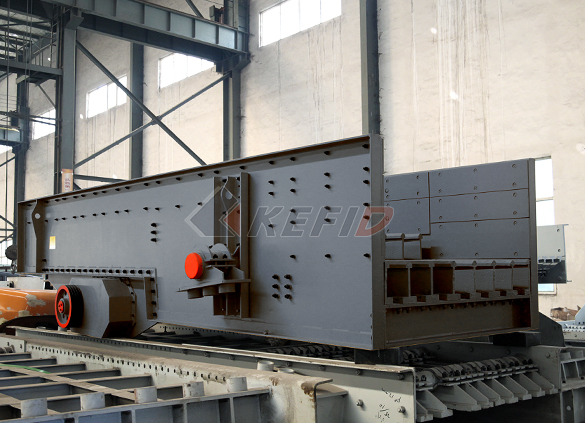
FH heavy vibrating feeder
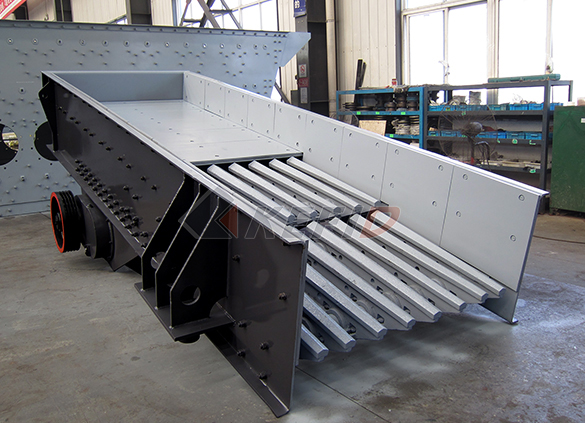
TSW series vibrating feeder
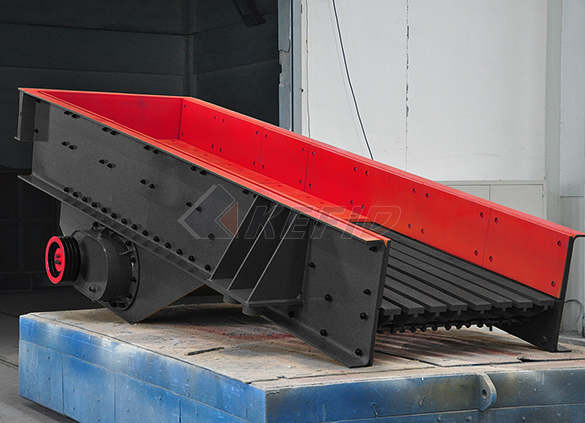
Vibrating feeder
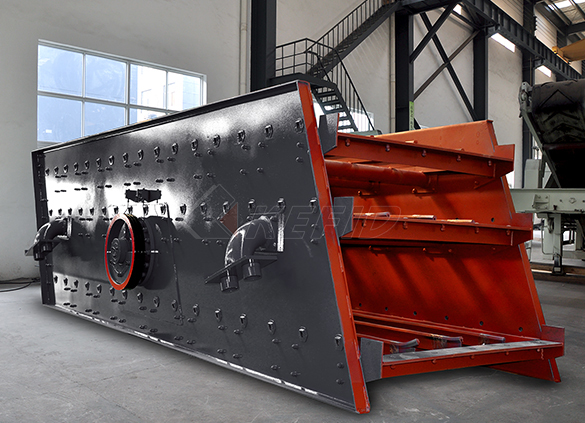
Vibrating screen
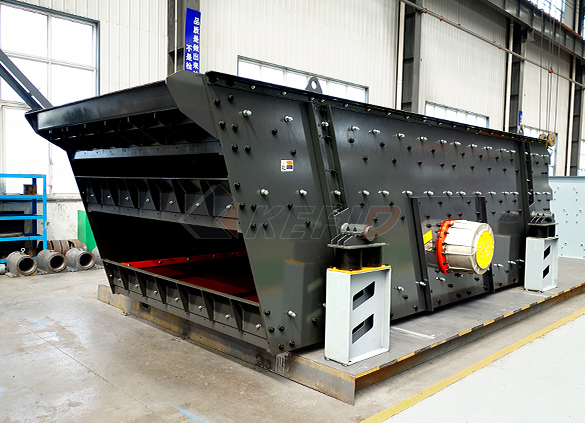
S5X vibrating screen
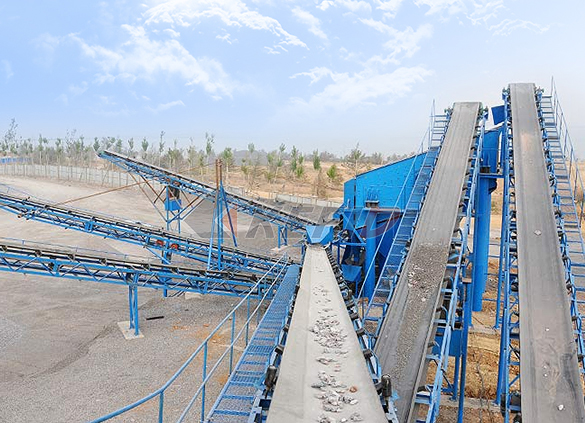
Belt conveyor
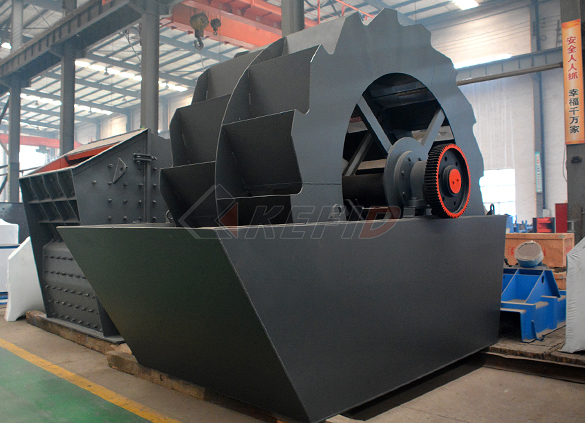
Wheel sand washing machine
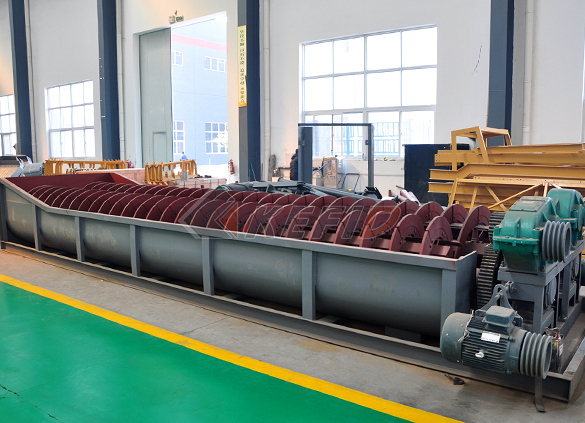
Screw sand washing machine

